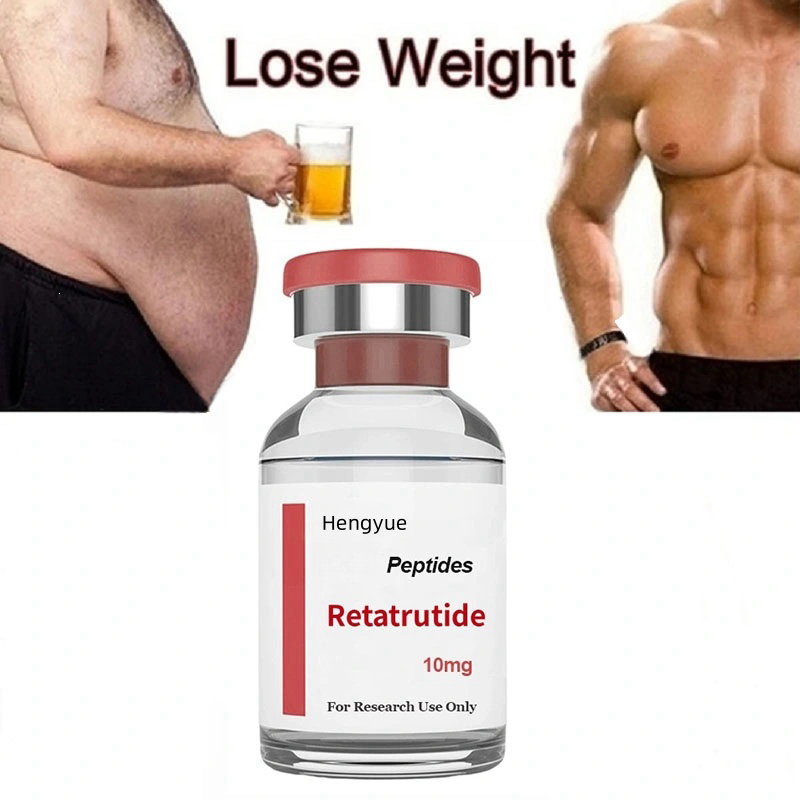-
Categories
-
Pharmaceutical Intermediates
-
Active Pharmaceutical Ingredients
-
Food Additives
- Industrial Coatings
- Agrochemicals
- Dyes and Pigments
- Surfactant
- Flavors and Fragrances
- Chemical Reagents
- Catalyst and Auxiliary
- Natural Products
- Inorganic Chemistry
-
Organic Chemistry
-
Biochemical Engineering
- Analytical Chemistry
-
Cosmetic Ingredient
- Water Treatment Chemical
-
Pharmaceutical Intermediates
Promotion
ECHEMI Mall
Wholesale
Weekly Price
Exhibition
News
-
Trade Service
[Pharmaceutical Network Product Information] Amyotrophic lateral sclerosis (ALS), also known as "frostbite syndrome", is a progressive neurodegenerative disease mainly caused
by motor neurons in the motor cortex and spinal cord and subbrainstem motor neurons.
Public data show that the global incidence of ALS (the proportion of new patients per year) is 1.
9 per 100,000, while the prevalence (the proportion of existing patients in the total population) is 4.
5 per 100,000
.
However, due to the current level of technology, the treatment options faced by ALS patients are very limited
.
Recently, the US FDA announced the approval of Relyvrio (oral fixed dose formulation of sodium phenybutyrate and tauratediol) for ALS, an innovative therapy that will bring new treatment options
to patients with "Frostbite Syndrome".
It is understood that Relyvrio is a combination of two drugs, sodium phenylbutrate and taurursodiol
.
They can improve the health of intracellular mitochondria and endoplasmic reticulum, thereby prolonging the survival of nerve cells
.
Preclinical trials have shown that the synergistic effect of the combination of these two drugs is obvious
.
The FDA has granted Relyvrio orphan drug qualification and priority review qualification
.
However, the process of obtaining the FDA approval for this innovative therapy to market can be described as a twist and turn
.
In March, an FDA advisory committee voted 6:4 that clinical data do not yet support the efficacy
of the therapy.
Subsequently, Amylyx submitted further analysis of the clinical trial data and supporting data from other clinical trials
.
The FDA notified Amylyx to extend the PDUFA date for AMX0035 to September 29, 2022, to allow more time to review additional analysis
of AMX0035 clinical study data.
In June, Amylyx Pharmaceuticals announced that Health Canada had approved the conditional marketing of Relyvrio (trade name Albrioza) for the treatment of amyotrophic lateral sclerosis (ALS
).
In September, the FDA's Peripheral and Central Nervous System Drugs Advisory Committee (PCNSDAC) voted 7:2 in favor of the company's existing research data on the company's ongoing drug, AMX0035, sufficient to support its marketing application
for the treatment of amyotrophic lateral sclerosis.
The voting results of the PCNSDAC generally supported the FDA's approval of
the therapy.
Now that the drug is finally on the market, it will bring good news
to patients.
It is understood that Relyvrio is priced at about $163,000
in Canada.
Some analysts expect that the number of patients in Relyvrio is relatively small, but its sales may be relatively strong
.
Assuming it's priced similarly to what it sells in Canada, Relyvrio's sales could peak at around $800 million a year
.
Sales of the drug are expected to reach $545 million
by 2023.
In addition to Relyvrio, several new ALS drugs have filed marketing applications
with the FDA.
For example, on July 26, 2022, Ionis Pharmaceuticals and Biogen jointly announced that the FDA has accepted a new drug application (NDA)
for the antisense therapy Tofersen for the treatment of superoxide dismutase 1 amyotrophic lateral sclerosis (SOD1-ALS).
FDA also granted it priority review eligibility, with the PDUFA date set for January 25, 2023
.
It is worth mentioning that Tofersen also faces problems
about the quality of its data.
Previously, Phase III of Tofersen's treatment of ALS did not reach the primary endpoint, but Biogen believes that a trend
in favor of tofersen has been found in multiple secondary endpoints and exploratory assays of biological activity and clinical function.
Moreover, early initiation of tofersen therapy can lead to fewer
declines in multiple indicators of motor function, respiratory function, muscle strength, and quality of life in patients with SOD1-ALS.
In addition, Tofersen has a phase III trial (NCT0485698) underway for patients with SOD1 mutations who have not yet developed ALS, i.
e.
exploring the ALS prophylaxis of
tofersen.
Whether Tofersen can be approved for ALS indications still needs continuous attention
.
Disclaimer: Under no circumstances does the information herein or the opinions expressed in this article constitute investment advice
to any person.







